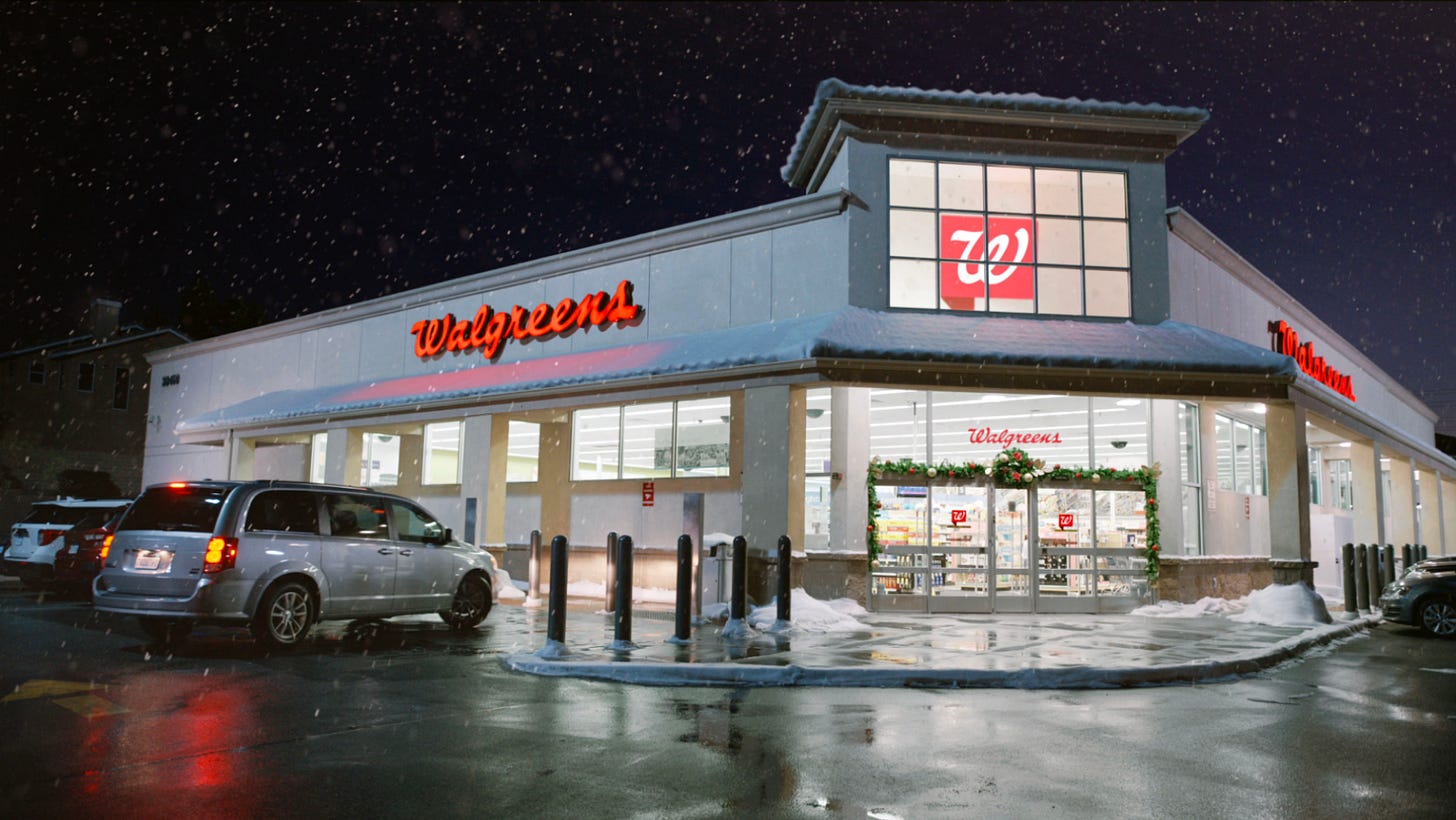08/02/2024: UFCW Walks Away From Walgreens Unit
A disclaimer of interest case.
Walgreens Boots Alliance d/b/a Walgreens, Co., 03-RD-321385 (Regional Election Decision)
This decision by NLRB Regional Director Linda M. Leslie dismisses a decertification petition filed by Denise Bentley against United Food and Commercial Workers District Union Local One at Walgreens. The key points of the legal analysis are:
A decertification petition was initially filed on July 10, 2023.
The union filed an unfair labor practice charge and requested to block the election, which was granted.
A complaint was issued alleging the employer violated Section 8(a)(1) of the NLRA by promising wage increases for signing a decertification petition and instructing employees to sign it.
The petition was initially dismissed subject to reinstatement after disposition of the ULP case.
On April 18, 2024, the union disclaimed interest in representing the bargaining unit and withdrew the ULP charge.
The Regional Director found that due to the union's disclaimer of interest and absence of evidence that the union acted inconsistently with its disclaimer, no question concerning representation exists.
The petition was dismissed, with conditions placed on any future petitions or claims for recognition by the union within 6 months.
The key case cited in this decision is:
Little Rock Road Machinery Co., 107 NLRB 715 (1954) - Established that a motion to reinstate a dismissed petition can be entertained if the union makes a claim for recognition within 6 months involving the same or substantially the same unit.
AFCO Avports Management LLC, 02-RD-339969 (Regional Election Decision)
This decision by NLRB Regional Director John Doyle addresses whether AFCO Avports Management LLC's operations at Westchester County Airport fall under the jurisdiction of the National Labor Relations Act (NLRA) or the Railway Labor Act (RLA). The key points of the legal analysis are:
The NLRB applies a two-part test to determine if an employer is subject to the RLA: a) Whether the nature of the work is traditionally performed by airline employees b) Whether the employer is directly or indirectly owned or controlled by a carrier
The first part of the test was met, as the ramp services are traditionally performed by airline employees.
For the second part, the Director applied the six-factor test from ABM-Onsite Services, 45 NMB 27 (2018) to assess carrier control: a) Carrier control over business operations b) Access to company operations and records c) Carrier role in personnel decisions d) Degree of carrier supervision e) Carrier control over training f) Whether employees are held out to public as carrier employees
Carrier Control Over the Manner in which the Employer Conducts its Business: The Airlines influence the Employer's business practices through safety standards and procedures, but the Decision finds this influence is no greater than that found in cases where the NMB declined jurisdiction, citing Am Sales & Mgmt. Org, LCC. v. NLRB 799 Fed. Appx. 1, 4 (2020).
Carrier Access to the Employer’s Operations and Records: The Airlines only have access to their own safety audits and not the Employer's records, which is insufficient to indicate RLA jurisdiction according to Signature Flight Support 32 NMB 42 (2005).
Carrier Role in the Employer’s Personnel Decisions: While the Airlines can disqualify employees from servicing their aircrafts, they do not hire, fire, promote, demote, or discipline employees. The Decision notes that the NMB has held that the carrier’s reports of employee misconduct do not establish control over personnel decisions when the employer conducts its own investigations and makes the disciplinary decisions, citing Am. Sales & Mgmt. Org., LLC v. NLRB, 799 Fed. Appx. 1, 4 (2020).
Carrier Supervision of the Employer’s Employees: The Airlines conduct safety audits and observe employees during those audits, but they do not provide direction or have any supervisory role. The Decision notes that the NMB has found periodic monitoring of contractor work and daily contact between the contractor and the carrier to be insufficient to establish NMB jurisdiction, citing Aero Port Services, Inc., 40 NMB 139 (2013).
Carrier Control over Employee Training: While the Airlines provide training materials and programs, they do not conduct the training themselves. The Decision distinguishes this from cases where the NMB found RLA jurisdiction because the carrier's involvement in training exceeded the involvement found in this case, citing Kannon Service Enterprises Corporation, 31 NMB 409 (2010) and Automobile Distribution of Buffalo, Inc. and Complete Auto Network , 37 NMB 372 (2010).
Employer’s Employees held out to the Public as Carrier Employees: The Employer's employees wear Westchester County Airport uniforms and not airline insignia, which the Decision notes as insufficient to indicate carrier control, citing Signature Flight Support 32 NMB 42 (2005).
After analyzing these factors, the Director concluded that the airlines did not exert sufficient control over AFCO to bring it under RLA jurisdiction.
The Director determined the NLRB has jurisdiction and directed an election for the petitioned-for unit of ramp agents and customer service agents.
Key cases cited:
ABM-Onsite Services, 45 NMB 27 (2018) - Established the current six-factor test used by the National Mediation Board to determine carrier control for RLA jurisdiction.
Spartan Aviation Industries, 337 NLRB 708 (2002) - Held that the NLRB is not required to submit jurisdictional questions to the NMB before asserting jurisdiction.
Federal Express Corp., 317 NLRB 1155 (1995) - Stated that the NLRB should refer close jurisdictional questions to the NMB, particularly for difficult RLA interpretation issues.

